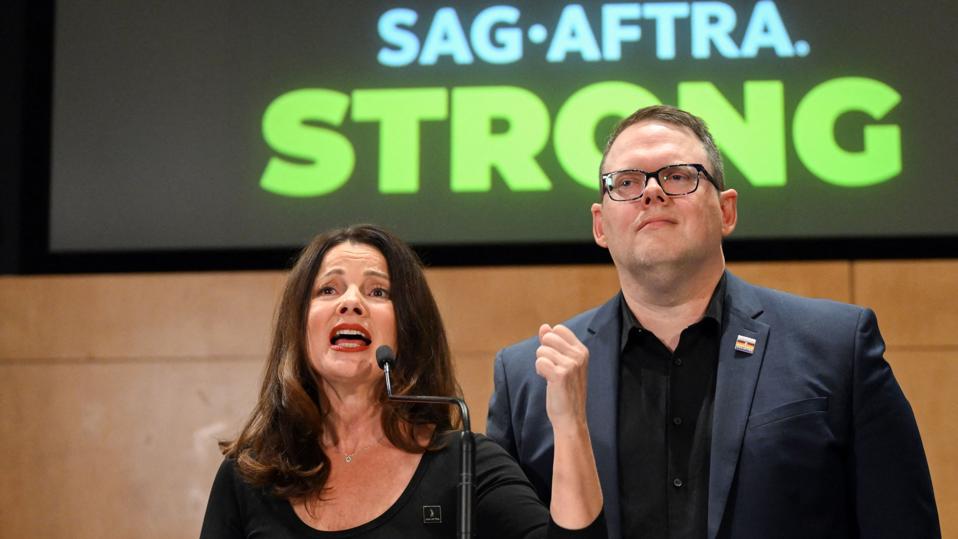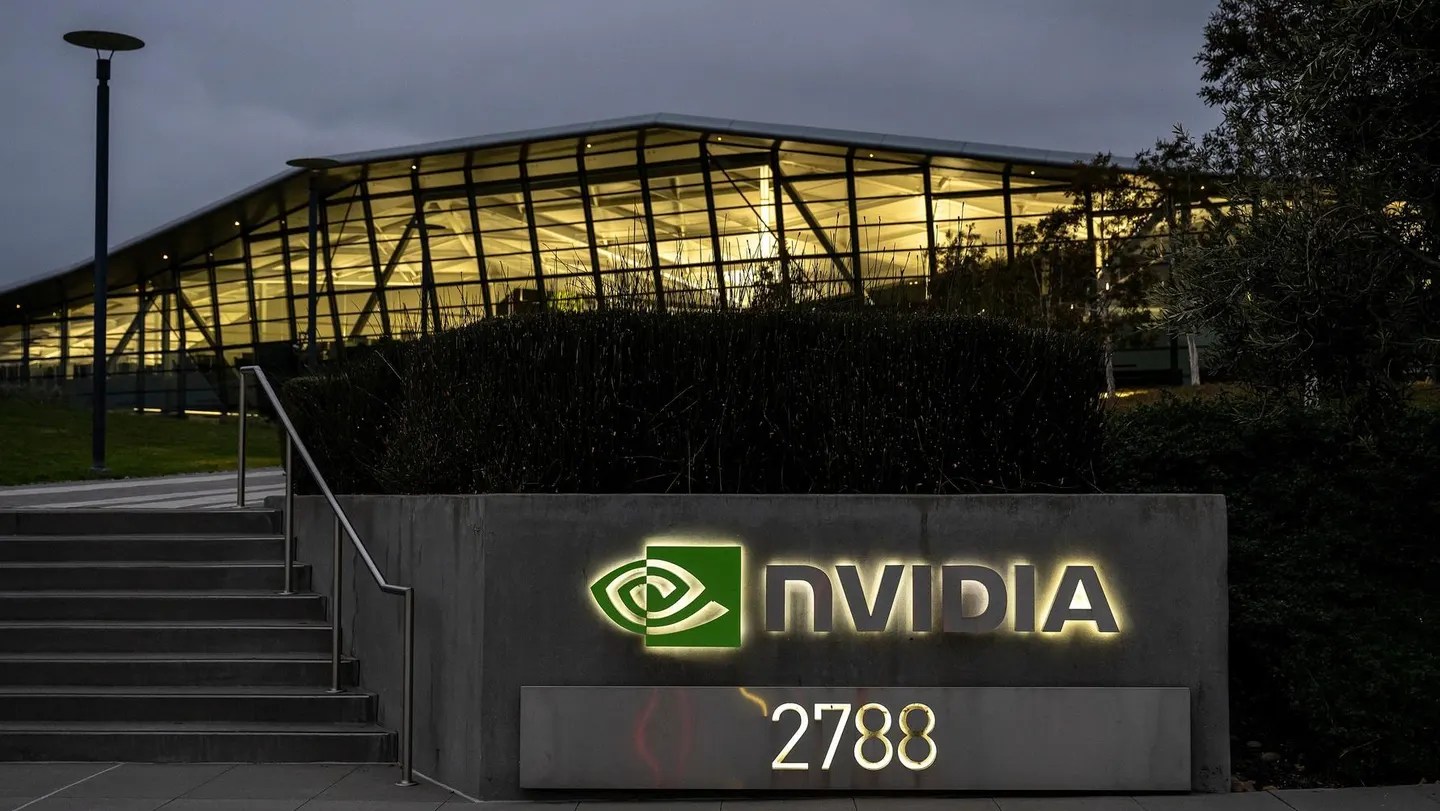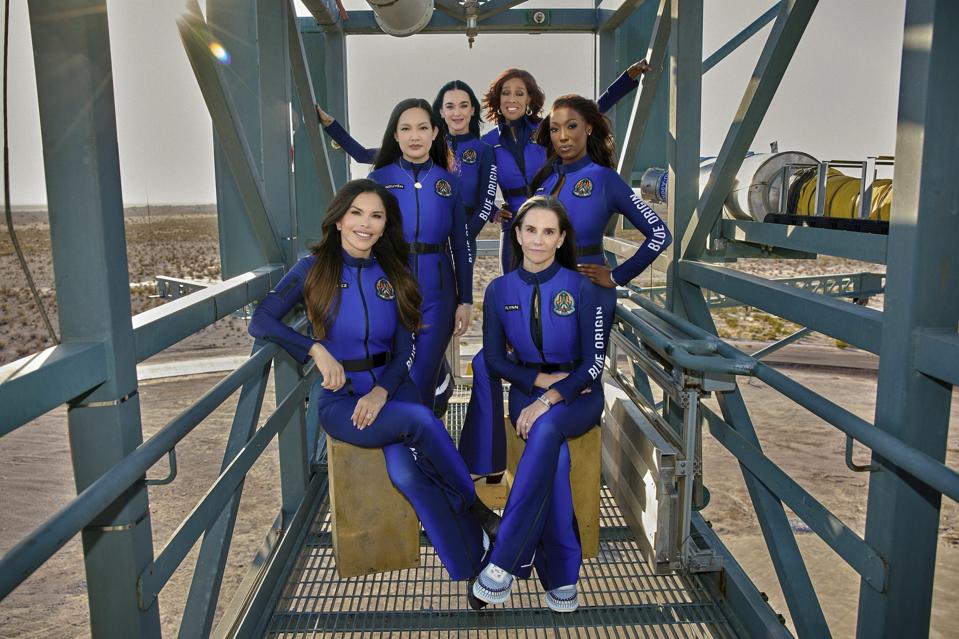The US actors’ guild concluded a nearly four-month strike last week after reaching a deal with major Hollywood studios, securing protections for actors against artificial intelligence, but some SAG-AFTRA members feel the deal doesn’t go far enough and are urging colleagues to vote no.

Key Takeaways
- SAG-AFTRA, the actors’ union that represents 160,000 entertainment industry professionals, concluded the longest actors strike in its history on Thursday after 118 days, which was prolonged by disagreements between the union and studios over artificial intelligence.
- The SAG-AFTRA board approved the new contract with 86% of board members voting in favour, though it still has to be ratified by the union’s full membership.
- The union released a summary of the deal Monday, which contains protections including mandatory consent from performers, or from representatives of deceased performers, to create a “digital replica” of an actor.
- Performers must also be paid for the days they would have had to work in person if their digital replica is being used and background actors must be paid if their replicas are used as principal characters.
- Actors will be owed residual payments, which compensate performers when their work is rebroadcast or reused, when their digital replicas are used onscreen.
- Employers must also receive consent from performers to use their likenesses in a project for which they were not employed, or to digitally alter their performances.
- The agreement also allows employers to create “synthetic performers,” which are nonhuman and artificially generated, though consent from performers is required if the synthetic performer’s facial features are recognizable as a real actor.
Chief Critics
Actress Justine Bateman, who was an AI adviser to the SAG-AFTRA negotiating committee, garnered attention for a 29-post thread on X, formerly known as Twitter, in which she voiced concerns over the language used regarding artificial intelligence.
Bateman criticized what she considered loopholes in the proposed contract, including an exception for studios to use digital doubles without consent “when the photography or soundtrack remains substantially as scripted, performed and/or recorded,” which she said is vague and will be up to a studio’s interpretation. Bateman also criticized another exception, which allows employers to use digital doubles without a performer’s consent when the project is “comment, criticism, scholarship, satire or parody, a docudrama, or historical or biographical work.”
Actors may find themselves in a “project you never consented to, doing things you never were informed of, for no compensation at all,” Bateman stated. She called the “synthetic performer” clause the most serious issue, stating it is “baffling that a union representing human actors would give approval of those same actors being replaced by an AI Object.” Actress Katja Herbers posted on X the contract should define performers as human beings to separate them from “synthetic performers,” and said a reliance on nonhuman performers will diminish opportunities for film crew members since AI-generated performers will not need makeup, hair or costume workers.
Several actors, including Kellen Goff, Jessie Pridemore and Belsheber Rusape Jr. posted on X they will vote no on the deal because of the AI terms and urged fellow actors to do the same. Some actors, including Francesca Monet Calo, voiced concerns on social media that actors may be pressured to give consent for AI usage for fear of not being hired otherwise. “‘Ensuring whether the actors have the RIGHT to say no’ does not protect the actors once they DO say no,” Calo posted.
Contra
In a Monday Zoom meeting for SAG-AFTRA members, union president Fran Drescher condemned “naysayers who have exploited this momentum of ours,” accusing opponents of the deal of trying to “tear down what was being done in the negotiating committee.” Lead negotiator Duncan Crabtree-Ireland defended the actors strike deal and stated any contract that forbids the use of AI altogether would have been unfeasible. Drescher also criticized members who plan to vote “no” on the deal based on a single issue, which would be “detrimental to the greater good,” stating these members are overlooking other benefits of the contract.
Key Background
The months-long actors and writers strikes were both largely held up by concerns over AI. SAG-AFTRA pushed back against studio proposals that would have allowed employers to use likenesses of deceased performers without the consent of their estates or the union, and the union pushed for compensation when AI scans of actors are re-used.
The writers strike ended in September after securing protections that allows writers, but does not compel them, to use AI and prevents AI-generated writing from being considered “literary material,” meaning AI will not receive screenwriter credits over the actual writers.
What To Watch For
Whether SAG-AFTRA members will vote to ratify the contract. Voting reportedly begins Tuesday. If the contract is rejected, the strike will resume. SAG-AFTRA has reportedly never rejected a contract before.
This article was first published on forbes.com and all figures are in USD.


